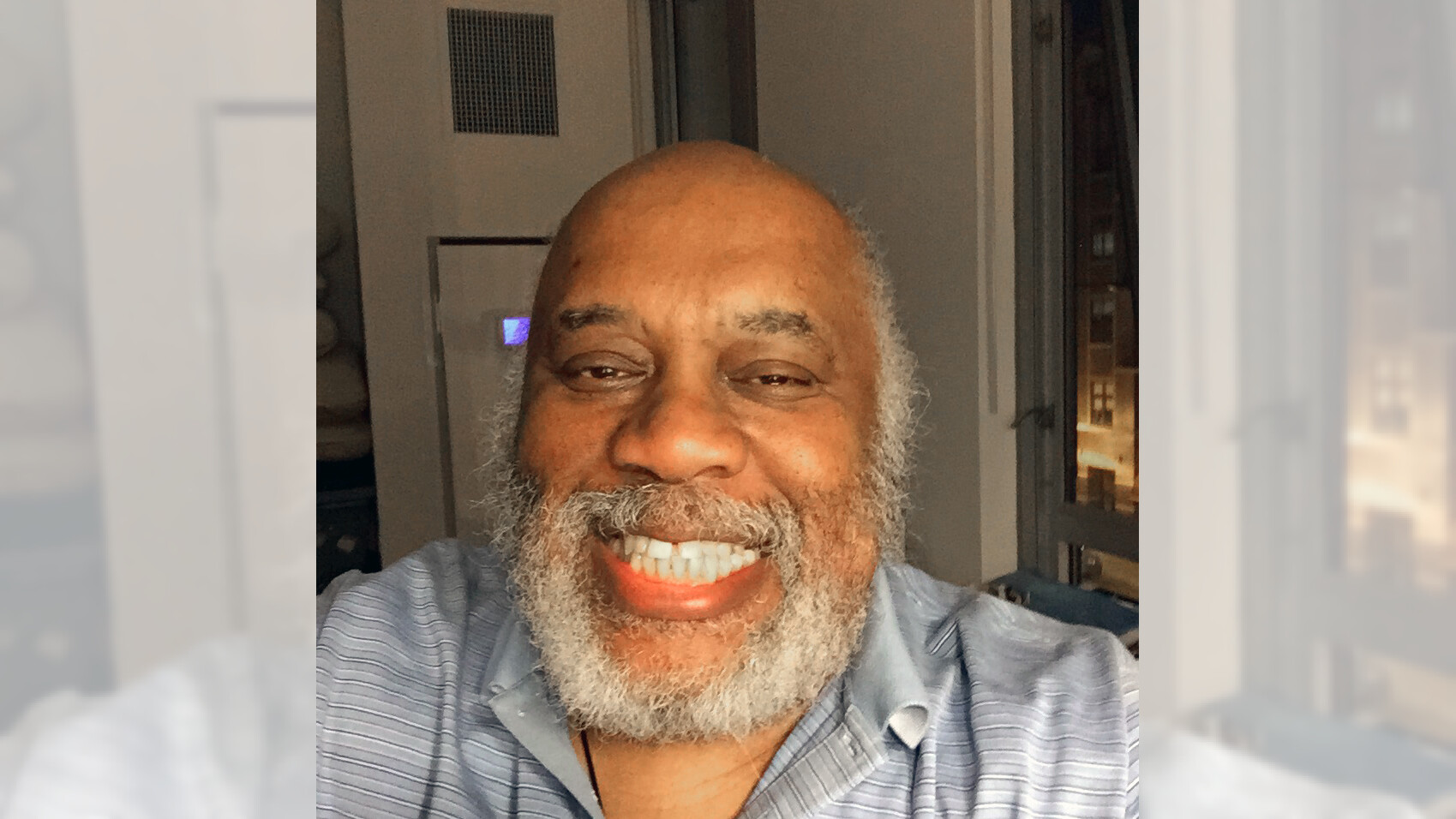As the number of LGBTQ+ seniors is set to double by 2030, many are confronting the compounded challenges of aging alone, lingering trauma, and a lack of social support. Personal stories like Bill Hall’s highlight the unique hardships faced by this community, from isolation and health issues to the enduring impact of past discrimination.
LGBTQ+ people relive old traumas as they age on their own

Key Takeaways:
- High rates of isolation affect nearly half of LGBTQ+ adults over 45.
- Past traumas, including the AIDS crisis and discrimination, have lasting impacts.
- Many LGBTQ+ seniors face health challenges and economic hardships.
- There is a significant lack of social support and companionship.
- Organizations like SAGE are crucial in providing assistance and community.
The Silent Struggle of Aging LGBTQ+ Seniors
A Life Marked by Trauma
Bill Hall, 71, has been fighting for his life for nearly four decades. A gay man born into the Tlingit tribe in a small Alaskan fishing village, Hall was separated from his family at age 9 and sent to a government boarding school. There, he endured years of bullying and sexual abuse that, as he describes, “killed my spirit.” The trauma left deep scars, preventing him from forming intimate relationships throughout his life.
In 1986, Hall contracted HIV. Since then, he’s battled a cascade of health issues: depression, heart disease, diabetes, non-Hodgkin lymphoma, kidney cancer, and prostate cancer. Over the past year, he’s been hospitalized five times with dangerous infections and life-threatening internal bleeding. Living alone in Seattle, he reflects, “It’s really difficult to maintain a positive attitude when you’re going through so much. You become mentally exhausted.”
Isolation in the Golden Years
Hall’s experience is echoed by many in the aging LGBTQ+ community. Of the 3 million Americans over 50 who identify as gay, bisexual, or transgender, about twice as many are single and living alone compared to their heterosexual counterparts. An AARP survey of 2,200 LGBTQ+ adults aged 45 or older revealed that 48% felt isolated from others, 45% lacked companionship, and almost 80% were concerned about having adequate social support as they age.
Vincent Crisostomo, director of aging services for the San Francisco AIDS Foundation, notes the profound impact of past crises. “There was too much grief, too much anger, too much trauma—too many people were dying,” he recalls. “It was just too much to bear.”
The Lingering Impact of Past Crises
The legacy of the AIDS epidemic looms large. “Here people are who survived the AIDS epidemic, and all these years later their health issues are getting worse and they’re losing their peers again,” says Jeff Berry, executive director of an alliance of long-term HIV survivors. “And it’s triggering this post-traumatic stress that’s been underlying for many, many years.”
Christopher Christensen, 72, of Palm Springs, California, has been HIV-positive since 1981. Deeply involved with local organizations serving HIV survivors, he observes, “A lot of people living with HIV never thought they’d grow old—or planned for it—because they thought they would die quickly.”
Health and Economic Challenges
Health issues among LGBTQ+ seniors are compounded by economic hardships. One-third of older LGBTQ+ adults live at or below 200% of the federal poverty level. High rates of smoking, alcohol use, and drug use—often ways people cope with stress—contribute to poor health outcomes.
Donald Bell, a 74-year-old gay Black man in Chicago, lives alone in subsidized LGBTQ+-friendly senior housing. After leaving his job to care for his ailing parents, he now faces financial strain. “The cost of health care bankrupted us,” he says. Despite hypertension, diabetes, and nerve damage, Bell strives to be a model for younger gay men, embracing aging rather than feeling stuck in the past. “My past is over,” he reflects, “and I must move on.”
The Crucial Need for Support
Organizations like SAGE, the nation’s largest and oldest organization for older LGBTQ+ adults, play a vital role in providing assistance. Christina DaCosta, SAGE’s chief experience officer, emphasizes, “Not having access to supports and services that are both LGBTQ-friendly and age-friendly is a real hardship for many.”
For individuals like Diedra Nottingham, 74, who lives alone in New York City’s Stonewall House, social connections are both desired and challenging. While benefiting from weekly therapy and visits arranged by SAGE, she admits, “I don’t like being by myself all the time the way I am. I’m lonely.”
Moving Forward with Resilience
Despite the overwhelming challenges, many LGBTQ+ seniors exhibit remarkable resilience. Hall continues his work with Native American community organizations, while Bell focuses on serving on the Illinois Commission on LGBTQ Aging. Their stories underscore not only the struggles but also the strength inherent in this community.
As the number of LGBTQ+ seniors is expected to double by 2030, addressing their unique needs becomes ever more critical. The silence surrounding their struggles must be broken to foster understanding, support, and meaningful change.
©2025 KFF Health News. Distributed by Tribune Content Agency, LLC.











